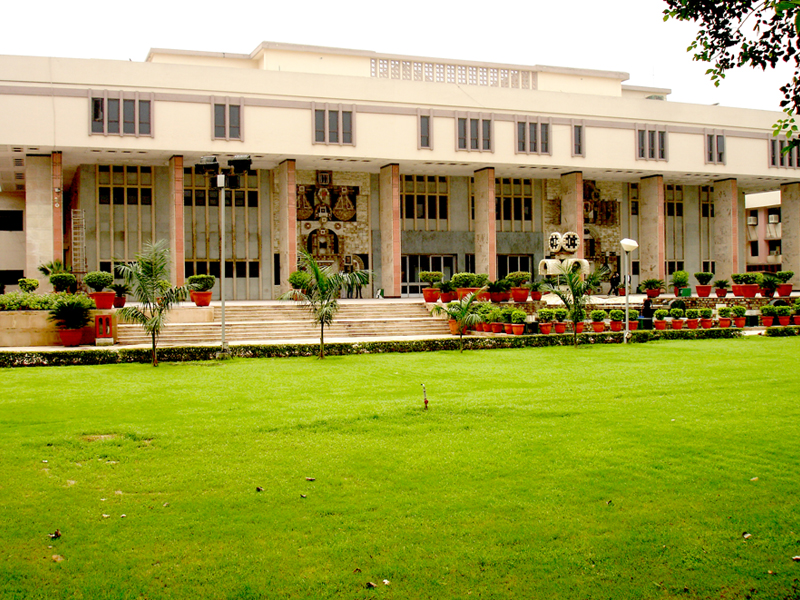The phrase “Action For Imposition Of Penalty Is Initiated” under Section 275(1)(C) of the Income Tax Act indicates the date when the first step towards this action is taken, according to the Delhi High Court.

The Delhi High Court noted that the time limit for completing proceedings under Section 271C of the Income Tax Act is outlined in Section 275(1)(c). The Court explained that the phrase “action for imposition of penalty is initiated” refers to the date when the first step towards such action is taken. The High Court was reviewing an appeal from the Revenue under Section 260A of the Income Tax Act, 1961, challenging a decision made by the Income Tax Appellate Tribunal (ITAT). Citing Section 275(1)(c), the Division Bench, consisting of Justice Vibhu Bakhru and Justice Swarana Kanta Sharma, stated, “The phrase ‘action for imposition of penalty is initiated’ clearly indicates the date when the first step for such action is taken, meaning the start of the penalty process.”
The main question in this case was whether the penalty proceedings began when a reference was received on September 25, 2014, or when a show cause notice was issued on August 4, 2014. The assessee had submitted a return for the assessment year 2011-2012, reporting a total loss of ₹2,62,04,18,432. The tax audit report indicated that the assessee failed to deduct ₹5,00,40,103 as tax at source, which should have been deducted. The return was chosen for scrutiny, and the assessment under Section 143(3) of the Act was completed. The Assessing Officer (AO) believed that the failure to deduct and deposit tax at source was acknowledged, as shown in the tax audit report. Consequently, the AO referred the matter to the JCIT.
The JCIT issued a show cause notice nearly a year after receiving a reference from the AO and imposed a penalty of ₹5,00,40,103 under Section 271C. The CIT(A) allowed the assessee’s appeal and canceled the penalty, stating it was beyond the time limit. The assessee argued that the penalty process started on September 25, 2014, meaning it should have been finished by March 31, 2015. However, the Revenue claimed that the penalty process began when the show cause notice was issued on August 4, 2015. The CIT(A) ruled in favor of the assessee, leading the Revenue to appeal to the High Court.
The Bench noted that the term “initiated” is not defined in the Act and should be understood in its usual meaning. The time limit for completing proceedings under Section 271C is outlined in Section 275(1)(c). This section states that no penalty order can be made after the financial year in which the penalty process started is completed, or six months after the month when the penalty process began, whichever is longer.
The Bench explained that the phrase “action for imposition of penalty is initiated” clearly indicates the date when the first step towards such action is taken. This marks the start of the penalty process. The AO noted that the assessee admitted to failing to deduct TDS, which they were required to do. Consequently, a reference was made to the JCIT. The Bench stated, “This was clearly for the purpose of imposing a penalty. Therefore, the reference marked the initial step in starting the penalty action. The Show Cause Notice that followed was meant to give the assessee a chance to explain why a penalty should not be imposed.” The Bench also mentioned, “In this context, this was the beginning of the penalty action. It had already started when the AO found a reason for imposing it.” Thus, the High Court found no error in the ITAT’s decision that the penalty proceedings began on September 25, 2014, and ruled that the JCIT’s penalty order was beyond the time limit, leading to the dismissal of the petition.
Cause Title: Commissioner of Income Tax (TDS)-2 Delhi v. Turner General Entertainment Networks India [ITA 547/2024]
Appearance:
Appellant: Advocate Sanjay Kumar
Respondent: Advocates Manuj Sabharwal, Drona Negi & Devrat Tiwari









